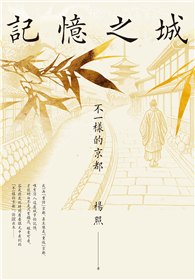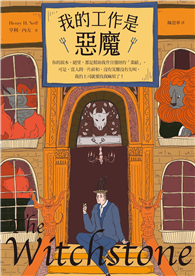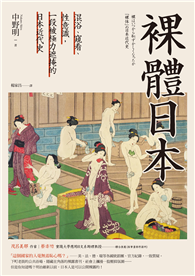Building on three decades of comparative research on marginality, ethnicity, and penality in the postindustrial metropolis, Loïc Wacquant offers a novel interpretation of Pierre Bourdieu as urban theorist. He invites us to explore the city through what he calls the trialectic of symbolic space (the mental categories through which we perceive and organize the world), social space (the distribution of capital in its different forms), and physical space (the built environment). On this reading, Bourdieu’s topological sociology gives us the tools both to energize and also to challenge the canon of urban studies and to redraw their theoretical landscape.
Compact and incisive, Bourdieu in the City will be of interest to students and scholars in sociology, anthropology, geography, urban studies, urban planning, architecture, and social theory.











